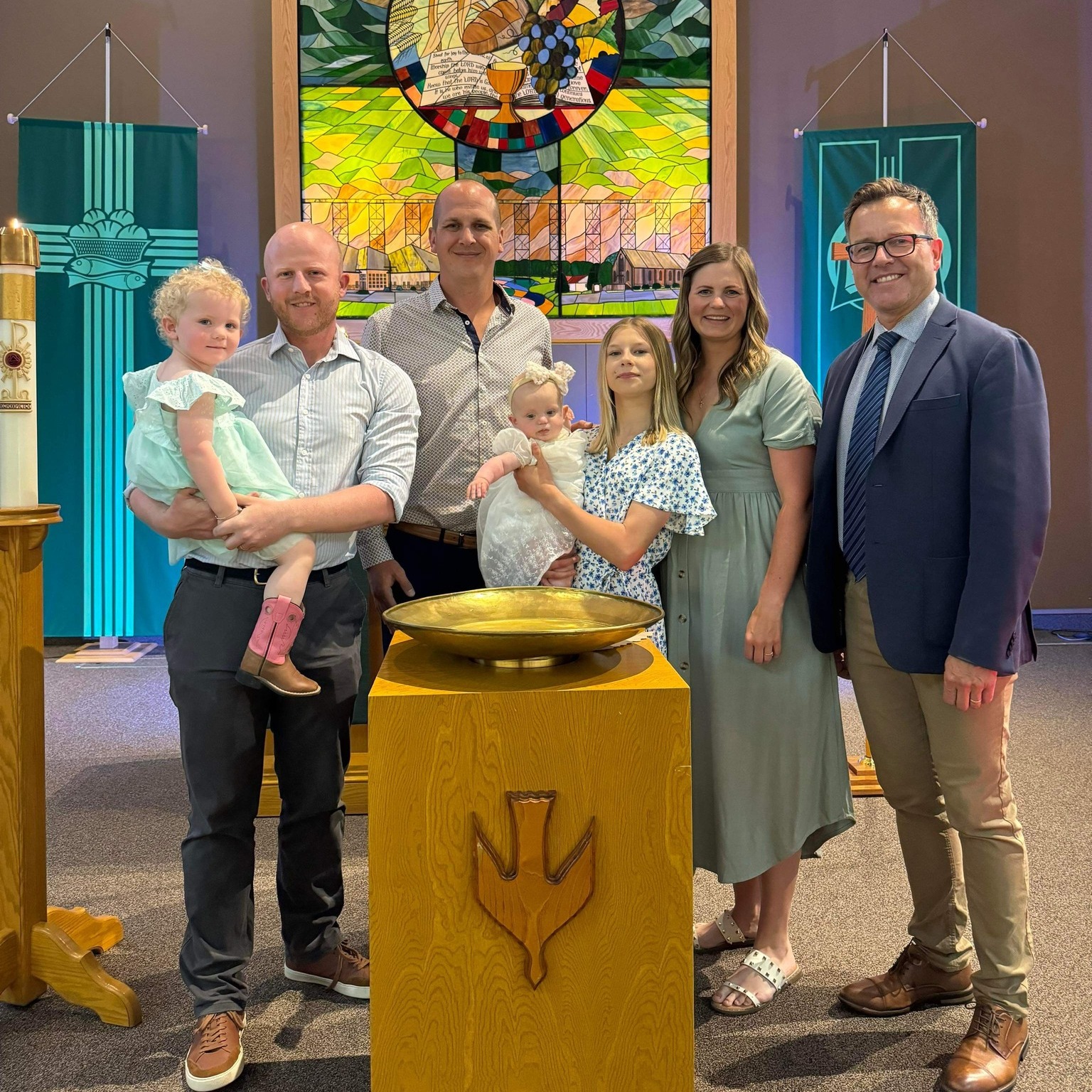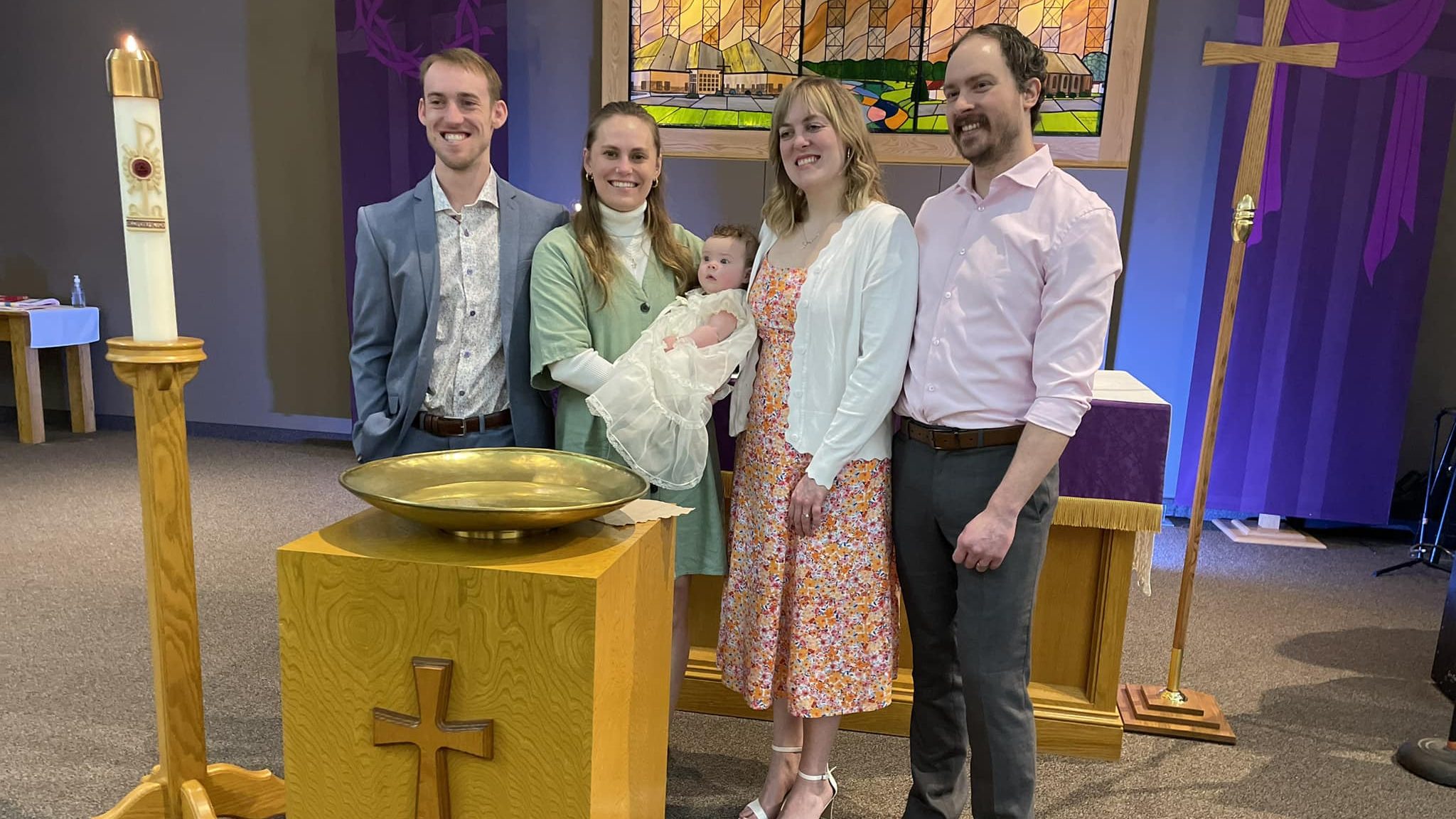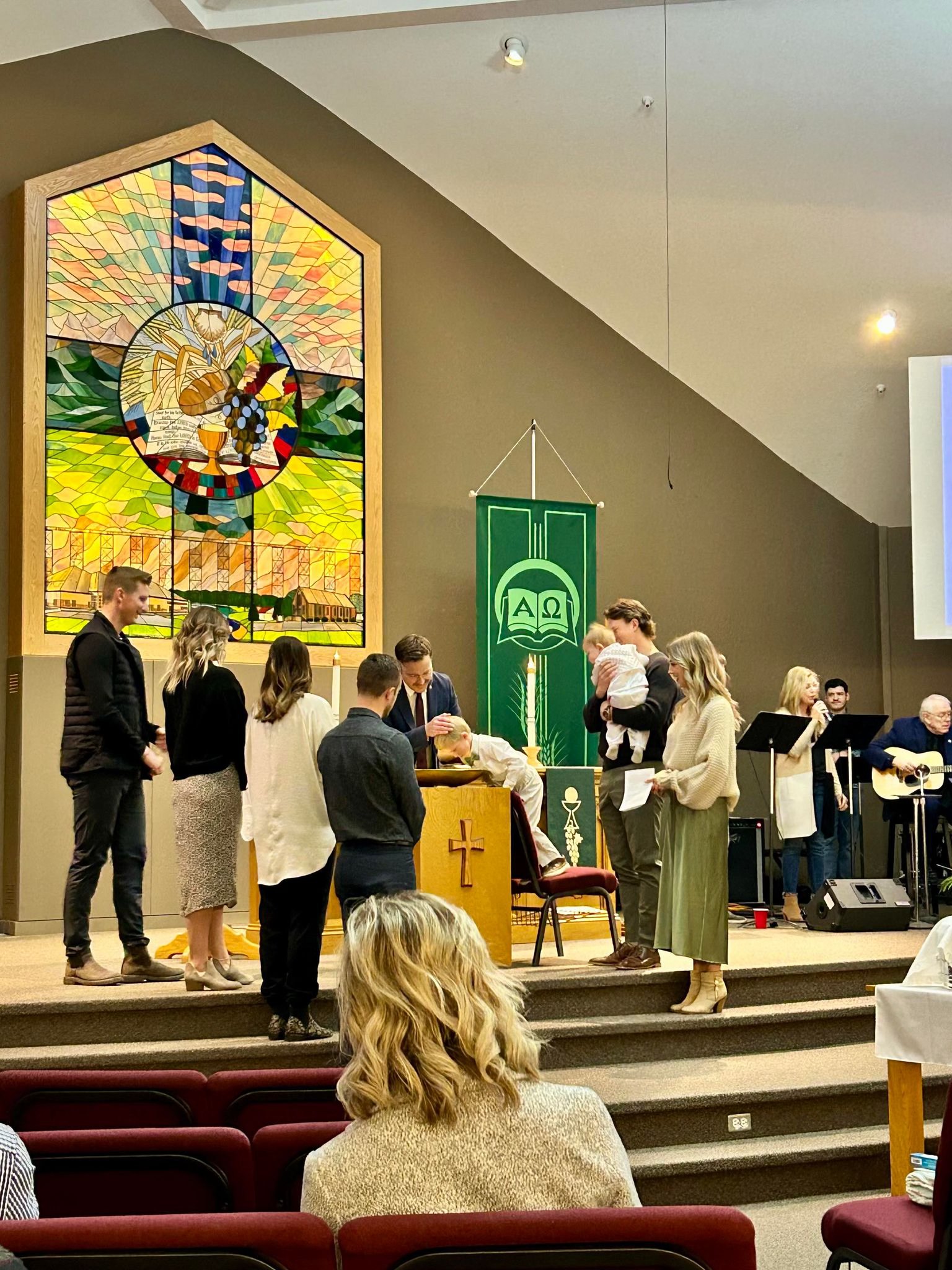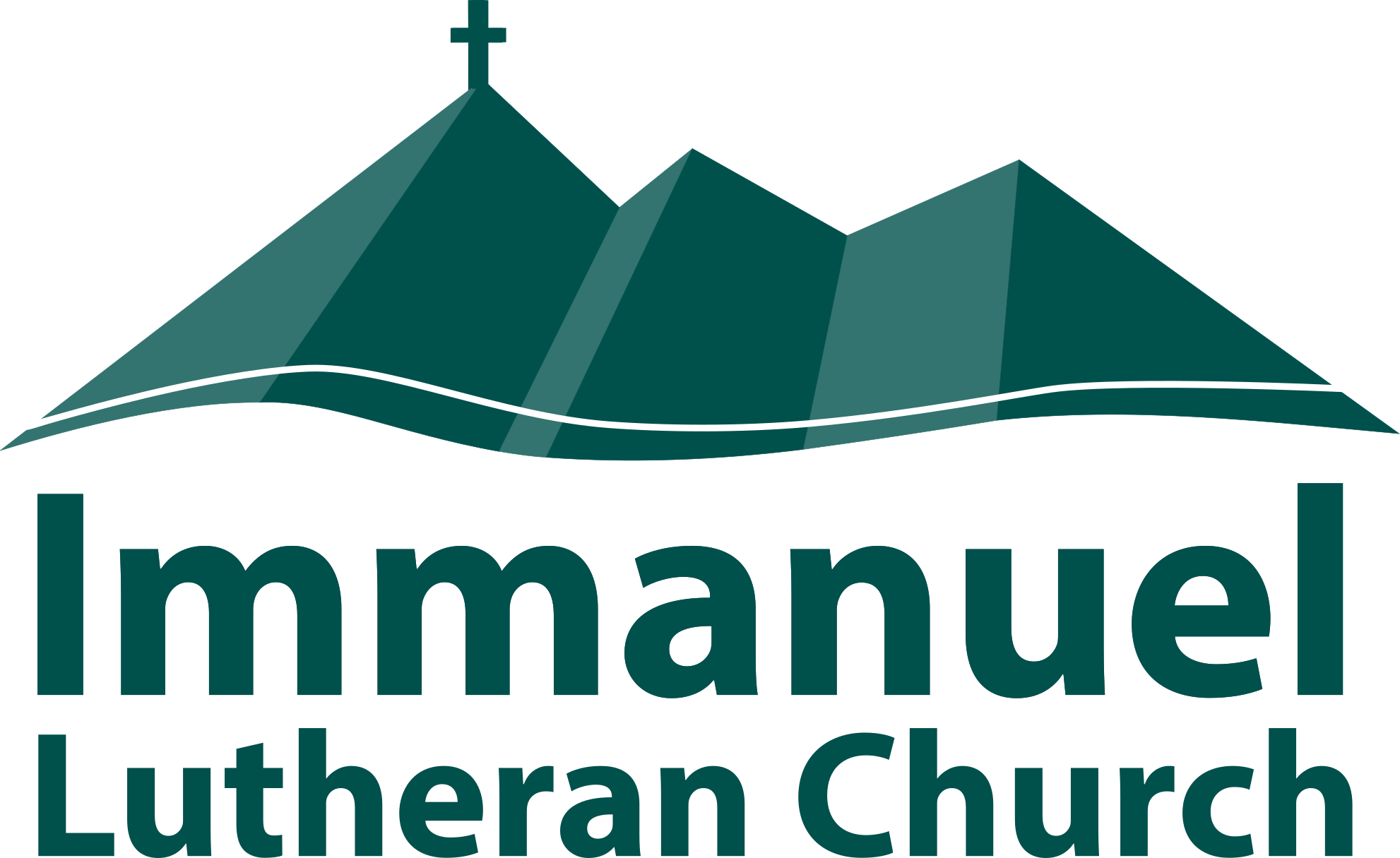
Celebrate New Life Through Baptism
Baptism is a joyous celebration of faith and a significant step in your spiritual journey with our church community.
Understanding its Significance
Christian churches practice baptism because the Scriptures command us to. More specifically, Jesus Himself commands His disciples to go out into the world and to build the church through baptism and the teaching of God’s Word – this command stands true for us today. Followers of Jesus not only receive baptism, but they see to it that others receive it as well. (Matthew 28:19; Acts 2:38)

What the Bible says about Baptism
1 Peter 3:21and this water symbolizes baptism that now saves you also—not the removal of dirt from the body but the pledge of a clear conscience toward God. It saves you by the resurrection of Jesus Christ,
New International Version
John 3:5-7Jesus answered, “Very truly I tell you, no one can enter the kingdom of God unless they are born of water and the Spirit. Flesh gives birth to flesh, but the Spirit gives birth to spirit. You should not be surprised at my saying, ‘You must be born again.’
New International Version
Romans 6:3-4Or don’t you know that all of us who were baptized into Christ Jesus were baptized into his death? We were therefore buried with him through baptism into death in order that, just as Christ was raised from the dead through the glory of the Father, we too may live a new life.
New International Version
Acts 2:38-39Peter replied, “Repent and be baptized, every one of you, in the name of Jesus Christ for the forgiveness of your sins. And you will receive the gift of the Holy Spirit. The promise is for you and your children and for all who are far off—for all whom the Lord our God will call.”
New International Version
What is Baptism?
In the act of baptism, God is doing His saving work of instilling faith. And as a result, the one who receives it has the promise of a “good conscience toward God” and he/she is connected to Jesus’ death and resurrection. That is, through the faith received in baptism all of the work that Jesus did in dying on the cross and rising from the dead is credited to me; namely, forgiveness of sin, the gift of the Holy Spirit, and the promise of eternal life. In other places, Scripture tells us that in this baptism the old, sinful, unsaved person is drowned and died and is born again and becomes a new, forgiven, follower of Jesus. (John 3:3-7, Romans 6:3-5; 1 Peter 3:21)
Perhaps the clearest text outlining the sacrament of baptism is found in the book of Acts. Here, the Apostle Peter follows up the very first Christian sermon with a call to baptism. In doing so, he tells the wondering crowd what God will accomplish in their lives through simple water and His Word.
Here we see baptism connected to both the forgiveness of sins and the gift of the Holy Spirit. Likewise, Peter is clear in saying that baptism is a gift that can and should be given to the whole family. Lastly, Peter says that baptism is not merely a human rite or a means by which humans show their commitment to God, but that God Himself draws, or “calls” us to baptism; indeed, baptism is something God does to us. Bottom line; in baptism God grants and confirms a saving relationship of faith and trust in the work of Jesus.


Frequently Asked Questions
Can you please clarify the Lutheran view of Baptism and its purpose?
Lutherans believe that the Bible teaches that a person is saved by God’s grace alone through faith in Jesus Christ alone. The Bible tells us that such “faith comes by hearing” (Rom. 10:17). Jesus Himself commands Baptism and tells us that Baptism is water used together with the Word of God (Matt. 28:19-20).
Does the child become a Christian when baptized?
Terms the Bible uses to talk about the beginning of faith include “conversion” and “regeneration.” Although we do not claim to understand fully how this happens, we believe that when an infant is baptized God creates faith in the heart of that infant.
We believe this because the Bible says that infants can believe (Matt. 18:6) and that new birth (regeneration) happens in Baptism (John 3:5-7; Titus 3:5-6). The infant’s faith cannot yet, of course, be verbally expressed or articulated by the child, yet it is real and present all the same (see e.g., Acts 2:38-39; Luke 1:15; 2 Tim. 3:15).
How does faith play a role in infant Baptism? Is faith later taken care of when the child is confirmed?
Lutherans believe that the Bible teaches that a person is saved by God’s grace alone through faith alone in Jesus Christ. Baptism, we believe, is one of the miraculous means of grace (together with God’s written and spoken Word) through which God creates the gift of faith in a person’s heart.
The people of the Bible, including Jesus, were baptized using the immersion method. Why doesn’t our church follow the way Jesus was baptized by John?
On the basis of the evidence provided in the New Testament, it is not possible to prove that the term “baptize” always refers to immersion, nor that the Baptisms mentioned were all done by immersion — implying (in the view of some) that only Baptisms done by immersion can be considered valid.
The Lutheran Perspective of Baptism
- Considered a means of grace through which God forgives.
- Creates and strengthens faith, even in infants.
- Combines water with God’s Word.
- Marks spiritual rebirth and renewal by the Holy Spirit.
- Signifies daily repentance and renewal.
We are a part of Lutheran Church-Canada.
Got questions?
Feel free to reach out.
